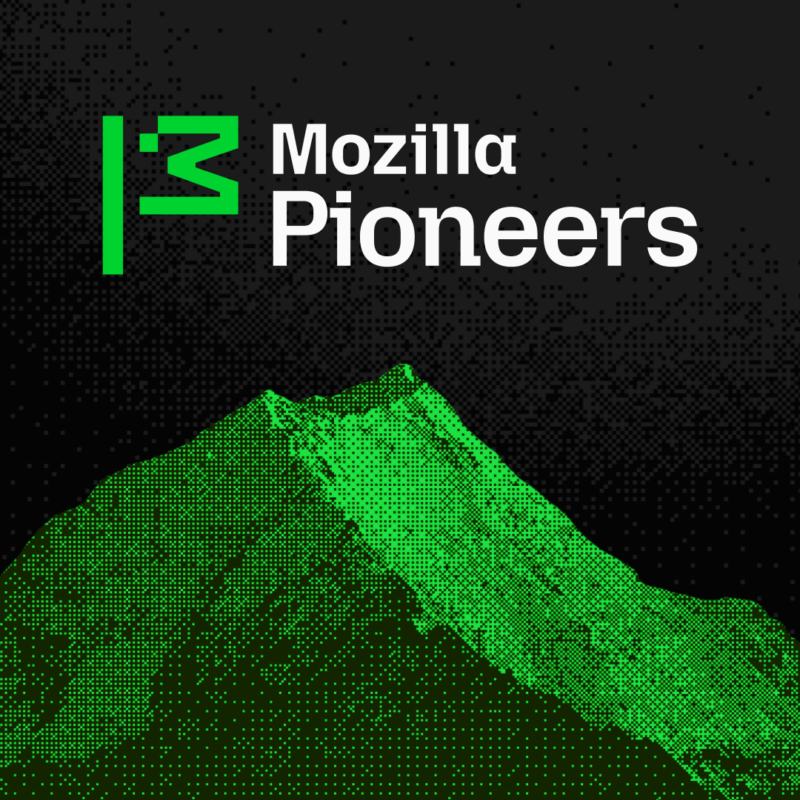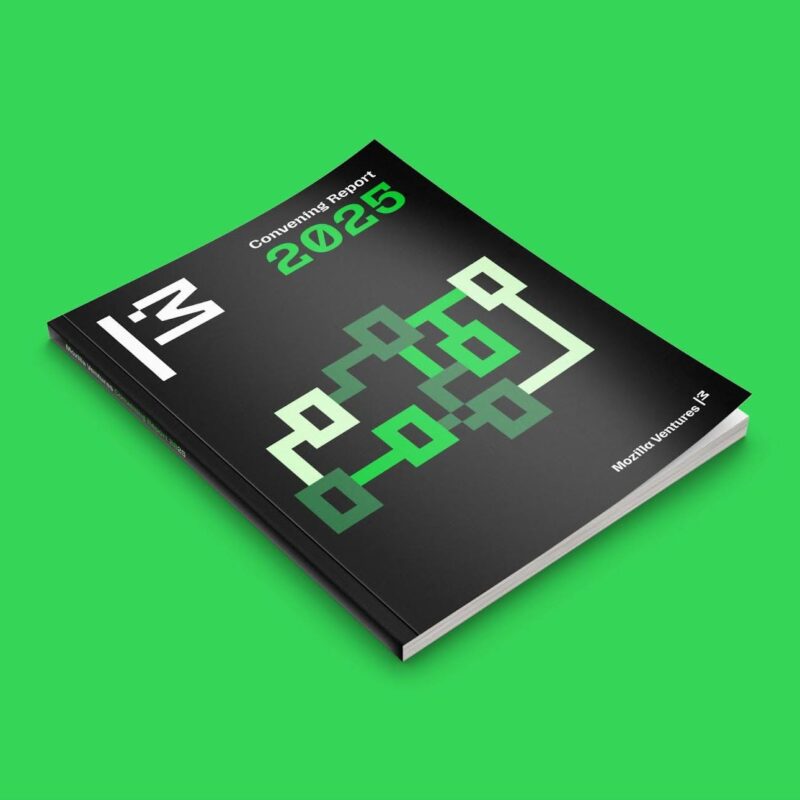ROOST: Open source AI safety for everyone
Today we want to point to one of the most exciting announcements at the Paris AI summit: the launch of ROOST, a new nonprofit to build AI safety tools for everyone.

ROOST stands for Robust Open Online Safety Tools, and it’s solving a clear and important problem: many startups, nonprofits, and governments are trying to use AI responsibly every day but they lack access to even the most basic safety tools and resources that are available to large tech companies. This not only puts users at risk but slows down innovation. ROOST has backing from top tech companies and philanthropies alike ensuring that a broad set of stakeholders have a vested stake in its success. This is critical to building accessible, scalable and resilient safety infrastructure all of us need for the AI era.
What does this mean practically? ROOST is building, open sourcing and maintaining modular building blocks for AI safety, and offering hands-on support by technical experts to enable organizations of all sizes to build and use AI responsibly. With that, organizations can tackle some of the biggest safety challenges such as eliminating child sexual abuse material (CSAM) from AI datasets and models.
At Mozilla, we’re proud to have helped kickstart this work, providing a small seed grant for the research at Columbia University that eventually turned into ROOST. Why did we invest early? Because we believe the world needs nonprofit public AI organizations that at once complement and serve as a counterpoint to what’s being built inside the big commercial AI labs. ROOST is exactly this kind of organization, with the potential to create the kind of public technology infrastructure the Mozilla, Linux, and Apache foundations developed in the previous era of the internet.
Our support of ROOST is part of a bigger investment in open source AI and safety.
In October 2023, before the AI Safety Summit in Bletchley Park, Mozilla worked with Professor Camille Francois and Columbia University to publish an open letter that stated “when it comes to AI Safety and Security, openness is an antidote not a poison.”
Over 1,800 leading experts and community members signed our letter, which compelled us to start the Columbia Convening series to advance the conversation around AI, openness, and safety. The second Columbia Convening (which was an official event on the road to the French AI Action Summit happening this week), brought together over 45 experts and builders in AI to advance practical approaches to AI safety. This work helped shape some of the priorities of ROOST and create a community ready to engage with it going forward. We are thrilled to see ROOST emerge from the 100+ leading AI open source organizations we’ve been bringing together the past year. It exemplifies the principles of openness, pluralism, and practicality that unite this growing community.
Much has changed in the last year. At the Bletchley Park summit, a number of governments and large AI labs had focused the debate on the so-called existential risks of AI — and were proposing limits on open source AI. Just 15 months later, the tide has shifted. With the world gathering at the AI Action Summit in France, countries are embracing openness as a key component of making AI safe in practical development and deployment contexts. This is an important turning point.
ROOST launches at exactly the right time and in the right place, using this global AI summit to gather a community that will create the practical building blocks we need to enable a safer AI ecosystem. This is the type of work that makes AI safety a field that everyone can shape and improve.


